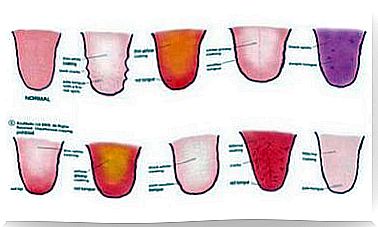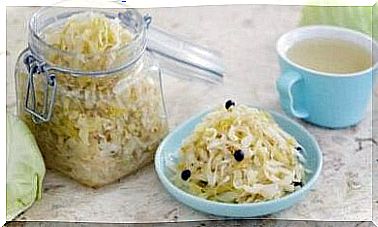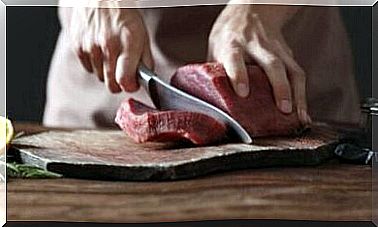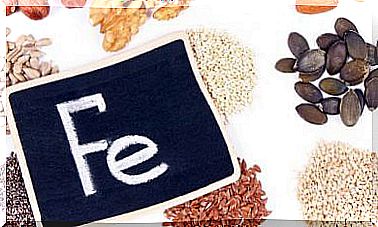What Foods Provide Vitamin E?
Consuming 60g of sunflower seeds is sufficient to get 90% of the recommended daily amount of vitamin E.
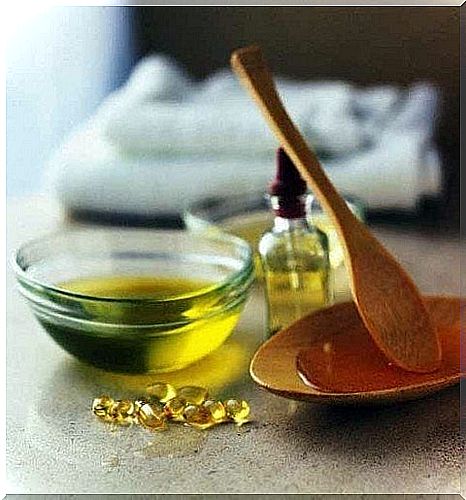
Eating a balanced diet is fundamental to getting all the nutrients the body needs in order to perform its functions properly and be healthy. In this sense, one of the essential nutrients that we must not forget is vitamin E, found in foods such as olive oil, olives and green vegetables.
It is a fat soluble vitamin with antioxidant properties. It thus helps the body to neutralize the effects of fat oxidation.
Recent studies indicate the importance of the role played by this vitamin. Indeed, it slows down the damage caused by free radicals. This is an essential method for preventing the development of chronic diseases and aging. In addition, this fat-soluble vitamin is also a vital element in the general maintenance of the immune system.
Seeds rich in vitamin E
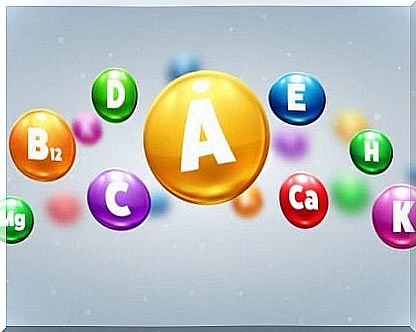
Many of the foods commonly eaten contain high amounts of vitamin E, although dried fruits are a major contributor.
For example, 30 g of almonds provide 7.4 mg of this vitamin. You can also ingest it by consuming almond oil and almond milk. For their part, hazelnuts are the perfect aperitif after a long day at work, since 30 g is enough to provide your body with about 20% of the amount of vitamin E needed in your daily diet.
Pine nuts are also a rich source of this vitamin. Indeed, 30 g contain 2.6 mg of vitamin E. You can also benefit from all the benefits provided by this vitamin by consuming pine nut oil. Milks made from dried fruits, such as almond milk, also provide good amounts of this vitamin.
Other raw seeds are rich in vitamin E, such as the seeds of:
- Sunflower
- Squash
- Sesame
In fact, 60g of sunflower seeds is 90.5% of the recommended daily value of vitamin E. This makes these seeds one of the best foods to eat every day.
Green vegetables
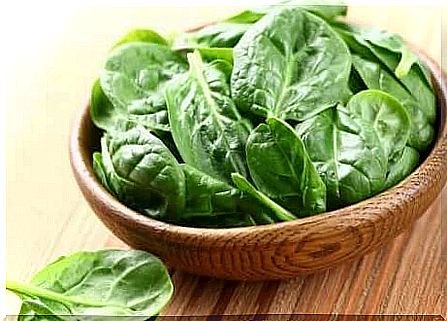
Chard is one of the healthiest green vegetables. In addition to being rich in vitamin E, they also contain vitamins from other complexes such as vitamins K, A and C. Like chard, mustard leaves are very rich in this nutrient and also provide:
- Vitamin K: it actively participates in the coagulation process. It performs a function in the liver, where it generates clotting factors necessary for the blood
- Vitamin A: it helps in the formation and maintenance of teeth, soft and bone tissues as well as membranes and promotes vision, among other functions
- Folic acid: it is necessary for the maturation of structural proteins and hemoglobin. It is also present in the nervous system and useful for cognitive processes
- Vitamin C: it is necessary for the development and distribution of tissues in all parts of the body
Spinach, on the other hand, is one of the best foods rich in not only calcium and folic acid, but also vitamin E. We recommend adding fresh spinach to your sandwiches to make them extraordinarily healthy.
Vegetable fats
When it comes to vegetable fats, seed-based oils are a very good source of vitamin E. Among them stands out wheat germ oil. Indeed, a spoonful of this oil represents 100% of our daily need for vitamin E. Sunflower oil is another excellent option, because it provides more than 5 mg of this vitamin and it can be used for cooking.
As you can see, it’s easy to incorporate vitamin E into your daily diet – there are plenty of ways to get it! So you have no excuse to run out.



